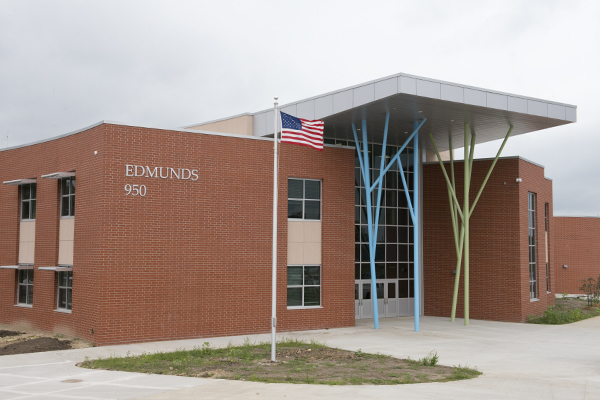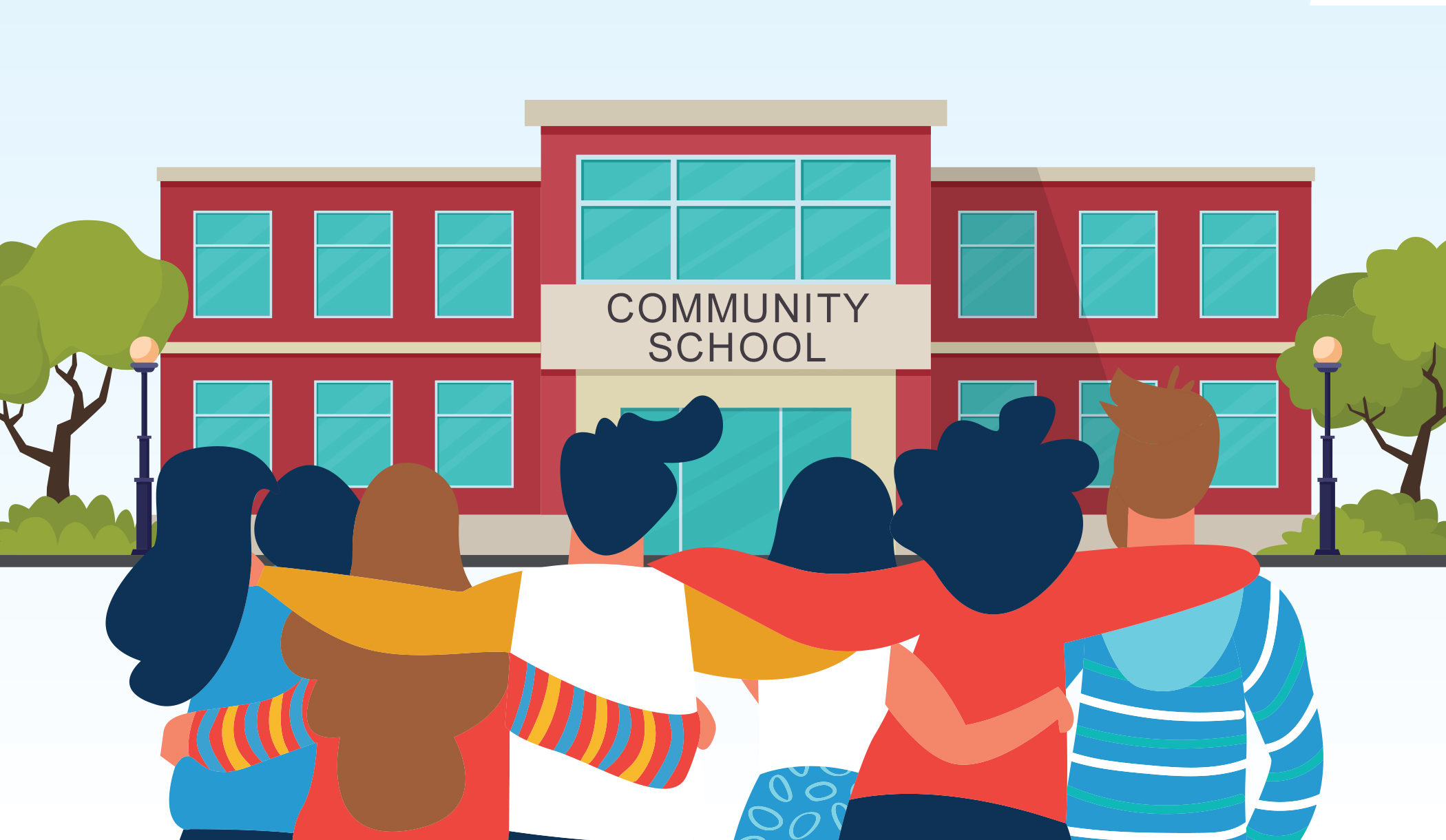Just How Schools Play a Critical Duty in Shaping Future Leaders and Pioneers
By incorporating project-based knowing and interdisciplinary studies, academic institutions challenge pupils to analyze and manufacture complicated info. Teachers serve as mentors, directing students and nurturing their possibility, while extracurricular tasks better create management abilities and resilience.
Fostering Critical Thinking
In today's rapidly developing world, fostering essential assuming within academic establishments has become extremely important. As culture comes to grips with significantly intricate worldwide obstacles, the ability to analyze, evaluate, and manufacture info is necessary. Institutions play an essential role in developing these abilities, preparing students to navigate and attend to complex troubles with informed, reasoned choices.
To cultivate vital thinking, educators utilize various pedagogical approaches that motivate active understanding and intellectual involvement. Class discussions, problem-based knowing, and Socratic examining are crucial in promoting analytical and reflective mind. By challenging pupils to question assumptions and think about numerous perspectives, these approaches guarantee a much deeper understanding of subject past memorizing memorization.
Furthermore, integrating critical believing throughout the curriculum strengthens its relevance and applicability in varied contexts. Subjects such as mathematics, scientific research, history, and literary works each offer special opportunities to establish pupils' critical professors. For instance, examining historic occasions needs understanding and assessing sources context, while scientific questions needs strenuous theory screening and evidence-based thinking.
Ultimately, instilling important believing skills in pupils furnishes them with the cognitive devices essential for lifelong learning and flexibility. It is through this fundamental competence that future leaders will certainly be able to innovate, solve problems, and contribute meaningfully to culture.
Urging Creativity
Accepting imagination within instructional structures galvanizes pupils to believe beyond traditional boundaries and explore innovative options. By incorporating creative endeavors and creativity workouts into the curriculum, schools cultivate a setting where originality and creative thought are valued. This method not just improves the educational experience however likewise furnishes trainees with the capability to deal with real-world difficulties in unique means.
Educational establishments can cultivate imagination through diverse methods such as project-based understanding, interdisciplinary research studies, and the incorporation of arts and modern technology. Project-based understanding, for circumstances, encourages pupils to apply their knowledge in practical, typically collective, jobs that demand inventive analytic skills. Interdisciplinary studies allow trainees to draw links in between different subjects, consequently widening their viewpoints and improving their innovative capabilities.
In addition, providing pupils with chances to involve with emerging modern technologies, such as coding and digital style, additionally nurtures their imaginative possibility. These activities motivate trainees to experiment, fall short, and repeat, which are crucial parts of the imaginative process (Save Temecula Schools). By preserving an encouraging environment where testing is urged, institutions can make sure that students establish the confidence to go after ingenious concepts
In significance, supporting creativity in educational settings is essential for shaping future leaders and pioneers with the ability of resolving intricate global problems with ingenuity.
Encouraging Partnership

Carrying out group-based understanding modules and cooperative tasks permits trainees to experience the dynamics of synergy firsthand. This not only prepares them for the joint nature of modern-day workplaces but likewise nurtures management qualities as they commonly have to take on functions such as project managers or team coordinators. In addition, cooperation in the class can damage down social obstacles and advertise inclusivity, making sure that each pupil feels valued and listened to.
Moreover, incorporating technology can better support collective efforts. Tools like shared interactive platforms and electronic offices enable pupils to work with each other efficiently, also outside the class. As pupils establish these collective abilities, they are better equipped to tackle complex difficulties and introduce, preparing for their future roles as pioneers and leaders.
Function of Educators as Mentors

Mentorship entails customized attention, where instructors identify and support private staminas and address weak points. Save Temecula Schools. Through individually interactions, instructors can customize their suggestions and assistance to meet each pupil's unique requirements, cultivating a sense of self-confidence and strength. This individualized method cultivates a growth attitude, motivating students to see failings as possibilities for learning and growth
Moreover, educators serve as role designs, demonstrating the worths of empathy, willpower, and stability. Their attitudes and actions offer a blueprint for students to imitate, instilling a sense of moral responsibility and social understanding. By creating a inclusive and encouraging class setting, teachers allow students to establish interpersonal skills that are crucial for effective leadership.
Essentially, the mentorship given by instructors lays a foundational structure for the development of future leaders, furnishing them with the understanding, skills, and worths required to master an ever-evolving world.
Influence of Extracurricular Activities
When incorporated effectively into the educational framework, extracurricular tasks substantially enhance student development and leadership potential. These tasks give students with opportunities to explore passions beyond the conventional curriculum, cultivating a well-rounded skill set.
Students involved in argument, drama, or songs clubs find out to assume seriously and method issues from diverse point of views. By working together with peers from various histories, trainees additionally establish empathy and communication abilities, vital attributes for future leaders.
Study shows that students included in such programs have a tendency to have greater grades and better participation this content documents. Thus, institutions that focus on a well balanced strategy to education and learning, integrating durable extracurricular programs, are more likely to generate innovators and leaders equipped to satisfy the difficulties of the future.

Conclusion
Finally, schools dramatically shape future leaders and pioneers by supporting critical reasoning, creative thinking, and collaboration amongst students. Engaging pedagogical approaches such as project-based understanding and interdisciplinary research studies play a vital function in this advancement. Educators, functioning as mentors, give vital assistance and assistance, while after-school activities additionally improve leadership prospective and durability. By fostering a supportive environment that values individual staminas and synergy, schools furnish trainees with the necessary skills to browse future obstacles and drive advancement.
As students establish these collective skills, they are much better furnished to take on complex difficulties and innovate, laying the foundation for their future functions as trendsetters and leaders.
By fostering essential reasoning and analytical skills, teachers assist trainees look what i found navigate complicated challenges, preparing them for management duties in numerous fields.
By working together with peers from different backgrounds, pupils additionally create compassion and interaction skills, important qualities for future leaders.
In verdict, schools dramatically form future leaders and pioneers by supporting important reasoning, imagination, and cooperation among her latest blog pupils. By cultivating a helpful setting that values private strengths and team effort, colleges equip pupils with the needed skills to browse future challenges and drive innovation.